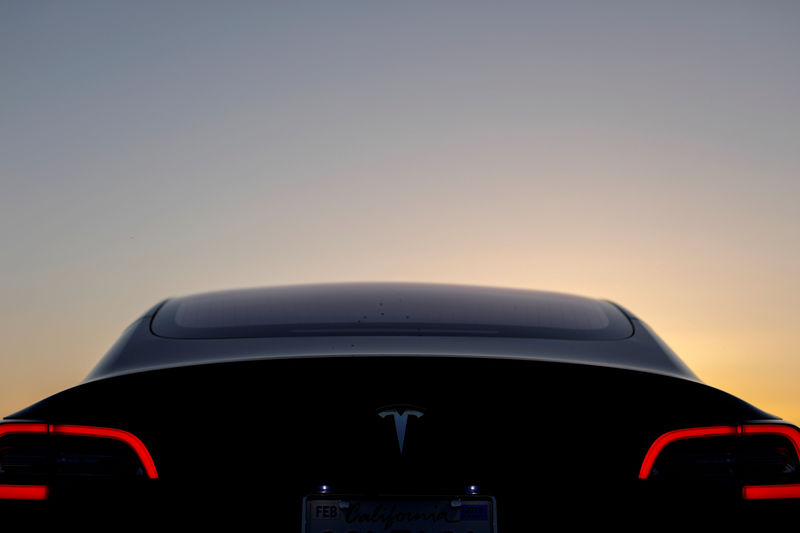© Reuters.
Xiaomi (OTC:) Corporation has officially entered the electric vehicle (EV) market with the introduction of its first EV, the SU7, which was disclosed in a filing on Thursday. The company is poised to begin mass production of the vehicle in December, with an official launch anticipated for February 2024.
The SU7 series includes the standard model and the more advanced SU7 Pro and Max versions, all manufactured by BAIC Group’s off-road vehicle division under BAIC’s car production qualification. Xiaomi’s own factory will take over the actual manufacturing process. These vehicles are set to compete directly with established players like Tesla (NASDAQ:) and Nio (NYSE:), offering impressive specifications that include:
- A top speed of 210 km/h (130 mph).
- Single and dual-motor versions, with motors supplied by United Automotive Electronic Systems and Suzhou Inovance Automotive.
- The single-motor version weighs 1,980 kg, while the dual-motor version comes in at 2,205 kg.
- Power options of 220 kW for the single motor and a combination of 275 kW + 220 kW for the dual motors.
- BYD (SZ:)’s LFP batteries power the standard SU7 model, while CATL’s Li-ion ternary batteries are used in the Pro and Max versions.
- Advanced features like optional LiDAR sensors for autonomous driving capabilities and an active rear wing.
Xiaomi’s ambitious move into the EV space was first signaled in March 2021 with an initial investment of $1.38 billion as part of a $10 billion investment plan over ten years. Analyst Ming-Chi Kuo predicts that Xiaomi aims to ship between 50,000 to 60,000 units of the SU7 series. The company is targeting a price point below RMB 300,000 (~$41,425), which includes features such as autonomous driving technology, a comprehensive software ecosystem, and fast charging capabilities.
This strategic expansion into EVs also introduces Xiaomi’s “Human X Car X Home” ecosystem concept. By integrating its HyperOS operating system across its EVs and smartphones, Xiaomi is looking to create a seamless experience for users. This initiative puts Xiaomi in direct competition with other major EV manufacturers like Tesla, whose sales in China have recently seen an 11 percent year-on-year drop.
This article was generated with the support of AI and reviewed by an editor. For more information see our T&C.
Read the full article here





